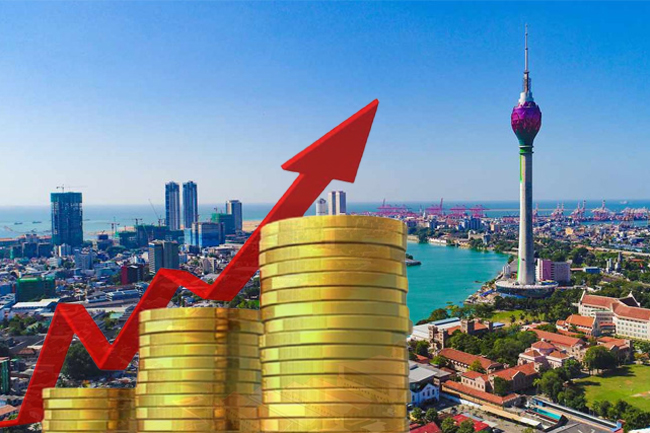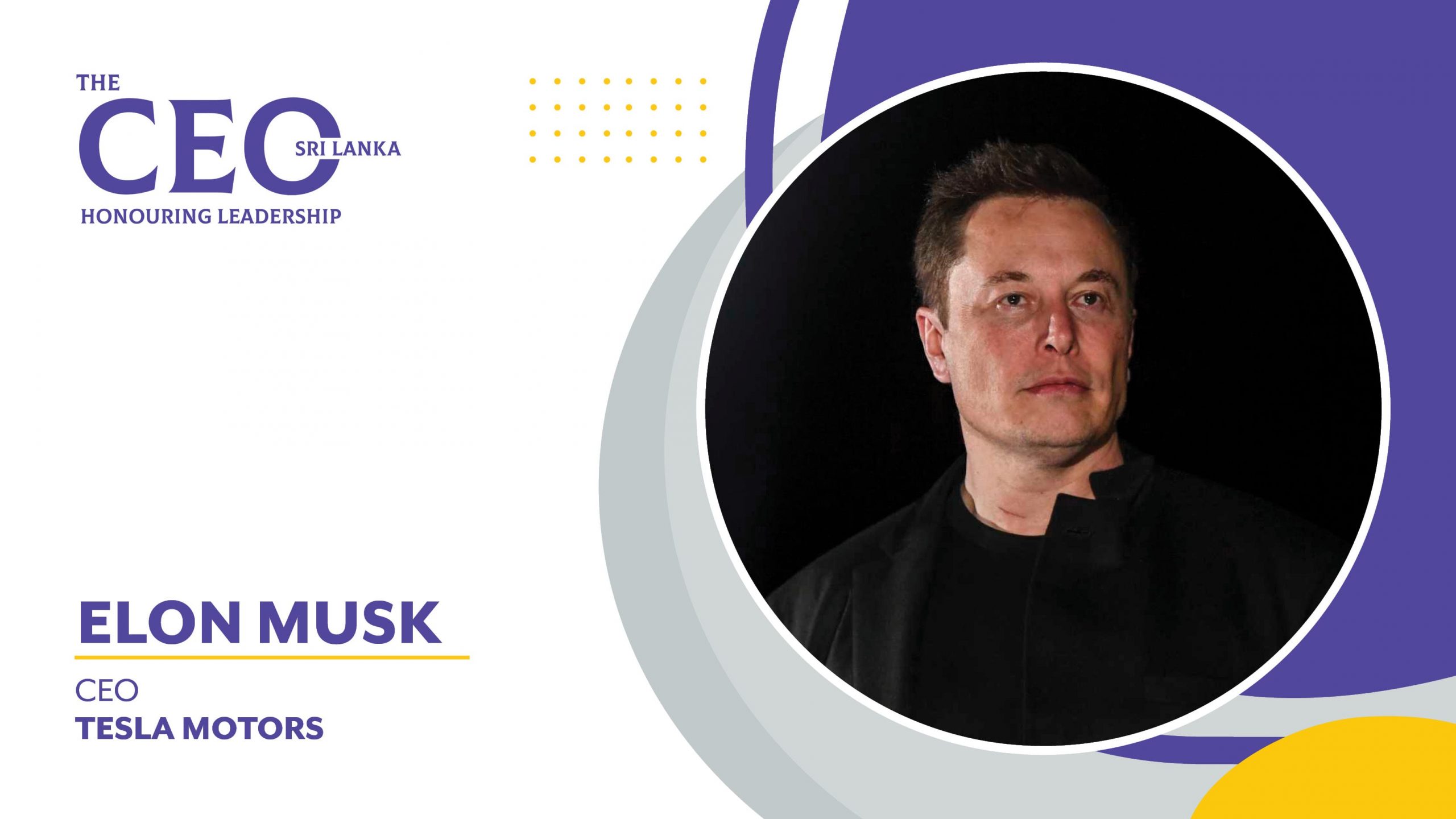Elon Musk, the world renowned business tycoon and the CEO of Tesla Motors, is having a hard time accepting democracy as it is in America. Believing that the American system of government entails of a two-party system, he states at a casual event, before being selected as TIME’s Person of the Year, “this generally means that issues get assigned in a semi-random manner into one bucket or the other, and then you’re forced to pick one bucket. Or like there’s two punch bowls, and they both have turds in it, and which one has the least amount of turds? So I don’t agree with, necessarily, what either party does”.
In a recent interview conducted by TIME’s, Elon neglected questions pertaining to the dangers of American democracy. Eschewing topics on the rule of law and free, authoritarianism threats on fair election, disinformation and institutional deterioration, Elon assesses and designates the American democracy as a short-lived, erroneously arranged political undergoing, that stands in between humanity’s never-ending battle for progress.
Ruminating on the public’s imagination to develop a Mars society, Elon describes his reins on starting over to be facilitated with direct democracy where people can vote on issues, with coherent laws to prevent corruption. Voicing citizens’ opinions and balancing the gripes of congenital pessimists, he recommends ballot boxes to express ideas, preferences and suggestions. “It’s easy to complain, but the fact of the matter is, this is the most prosperous time in human history,” he said. “Is there really some point in history where you’d rather be? And by the way, have you actually read history? Because it wasn’t great.”
The notion – a utopian futurist who is too preoccupied with his cosmic ideals to deal with the gritty details of governing – has always lingered by Elon’s status. However, his recent investment on buying Twitter and twisting privacy measures has alarmed political and societal parties on the urgent concern. Branded as the ‘world’s richest man’ taking over the ‘world’s influential media platform’, he explains his perspectives on the American democracy. Politics being a hard battle to pin down, Elon vouches for the betterment of the society and not for the profits made out of the Twitter acquisition.
Regardless of his world renowned success, Elon has been viewed as a loathsome and deceitful personality in the eyes of many public. Having been convinced to join Twitter by a friend, Elon is now followed by over 80 million followers. However, his Twitter reputation has majorly been limited to puns, alternating around in-joke memes about sci-fi or computer chips with silly or provocative utterances. Elons, on the other hand, views this as a way to blow off the steam while connecting with people openly.
Elon possesses a strong interest in social media criticism himself. Using his own platform in a toxic fashion a couple of times, Elon has faced consequences with the Securities and Exchange Commission and was constantly sued for misleading investors in 2018. Yet, as previously attested by his own brother, Elon does not share a bone for empathy among people. Instead, he was better recognized as a savant in the business world.
Yet gauging the gravity of the current topics, Elon’s intention with a $44 billion platform is given more significance than his character. Sadly, the people on both ends of the world have failed to take an optimistic interpretation on Elon.
People involved in liberalism have acknowledged Elon as an insatiable profiteer whose intentions are solely to capitalise on his income and dodge responsibility. In opposition, however, Elon’s wealth is commonly on paper and is not stashed up in secrecy. Assigning certain value to Tesla, he has maintained his tax payments accordingly. Any null of minimal tax payments were directly connected to the American tax code which is acknowledged as a legal scam. This was confirmed through Senator Ron Wyden who claimed that he backs to tax billionaires’ wealth.
Elon being portrayed as a predator of wealth and finance is however quite the contradictory in reality. Seemingly showing very less interest in being rich, Elon recognizes his ambitions as a means to connect with humanity. Bankruptcy might be a vigilant benchmark for businessmen, unlike Elon who is better acquainted with it a couple of times. Purging a tough stretch Tesla faced back in 2008, Elon diverted his own money to manage payrolls. He sees himself as an engineer and rarely as an ‘investor’. Prior to his Twitter deal, Tesla was acknowledged as the only publicly traded stock Elon owned.
Another largely sanctioned misinterpretation among the general public has been the concept of Elon’s companies swindling around the government. This rumor has revolved around the $465 million federal loan received by Tesla in 2010. However, this was many years after Elon launched the company, emptying his own millions. Furthermore the launch of electric cars had crippled Tesla’s financial stability into the bottom line for many years ahead. Even if it were true that Tesla would not have succeeded without government assistance, it’s strange to hear liberals decry the use of public monies to promote environmental innovation. SpaceX has also received billions of government funding through NASA contracts, although it was grounded initially by Elon intentions to create innovative rocket designs. This has saved billions on taxes that used to spike up to exorbitant prices for each fraction of second in outer space.
Taking a turn on event, liberals’ continuous accusation on Elon’s corporate leadership styles is widely accepted as he disregards the significance of public health and safety. Critics point out his reckless decisions to keep his companies functioning during a fuming pandemic, while subjecting the lives of innocent workers at risk. Tesla was also framed under allegations of sexual harassment and racial abuse for years. Although Elon isn’t the prime source of these allegations, he is entirely answerable for the unpleasant work atmosphere tolerated in his companies.
Tesla has opposed unionisation, which appears to be why the Biden Administration has praised corporations like General Motors for their late forays into electric vehicles while dismissing Elon’s accomplishments. Such slights aggravate Elon for logical reasons. An American firm has become the world leader in an industry critical to the climate’s future, yet the President appears too tied to his political acquaintances to even acknowledge, let alone celebrate, its success.
Being an anti-supporter of government regulation, Elon interprets it as bureaucratic squelching of innovation. He also refers to the censorious “woke” culture that now governs over open discourse. Elon explains the Twitter bid as an avenue to free speech, abiding by traditionalists who believe the network has suppressed them—especially Trump. As a result of all of this, many on the right have sided with Elon.
Conservatives who are currently praising his Twitter takeover are possibly mistaking him for an ally. Elon, a fervent Obama admirer, once queued for six hours to shake the former President’s hand. Elon agreed to serve on two presidential advisory councils, the Strategic and Policy Forum and the Manufacturing Jobs Initiative, after Trump was elected, but resigned from both in June 2017 in protest of the administration’s decision to withdraw from the Paris Climate Accord. Musk’s vigilant neutrality on controversial topics like Chinese human-rights violations to Texas abortion law may infuriate those who believe he is morally required to take a statement, but his views on many critical public-policy matters are broadly progressive.
Propelling the questions on democracy projected at him, Elon sees himself transcending the political split between left and right. It’s an angle that has powered his career; rejecting assumptions and stale binaries, and incorporating diversity in resolving problems. Critics constantly misconstrues Elon as another businessman delving into ledgers. Although money is all that the society sees from his companies, Elon mastering unpredictable innovations is often left unacknowledged. For instance, engineers all over the world failed abruptly a numerous number of times in the introduction of electric cars, until Elon took over Tesla. Similarly, he refuelled America with the viability of spacecraft inventions by teaching himself rocketry. Elon’s ability and vision to often amend and rework an entire invention has often left him with astounding results.
Although liberals and conservatives disagree on many issues, almost everyone agrees that the digital public square has been terribly damaged. Elon advocated “improving the product with new features, making the algorithms open source to improve transparency, tackling the spam bots, and authenticating all humans” in a statement announcing the purchase, although it’s unclear what ideas he’ll bring to the challenge. Yet, Elon’s potential cannot be easily undervalued because fixing social media was easy, it would have been solved years ago.
The lesson of Elon’s career is to consider his ambitions seriously. His wealth is entirely built on his incredible wit and not by gaming the system to get rich. Elon is known to channel this incredible force of his will to mobilize resources to pursue his ideas. Devoting himself to tackle humanity’s major concerns, Elon believes, ‘having a public platform that is maximally trusted and broadly inclusive is extremely important to the future of civilization’. Equally, Elon has opted for democracy as the next obstacle he desires to tackle, which could entirely depend on his ability to succeed.


